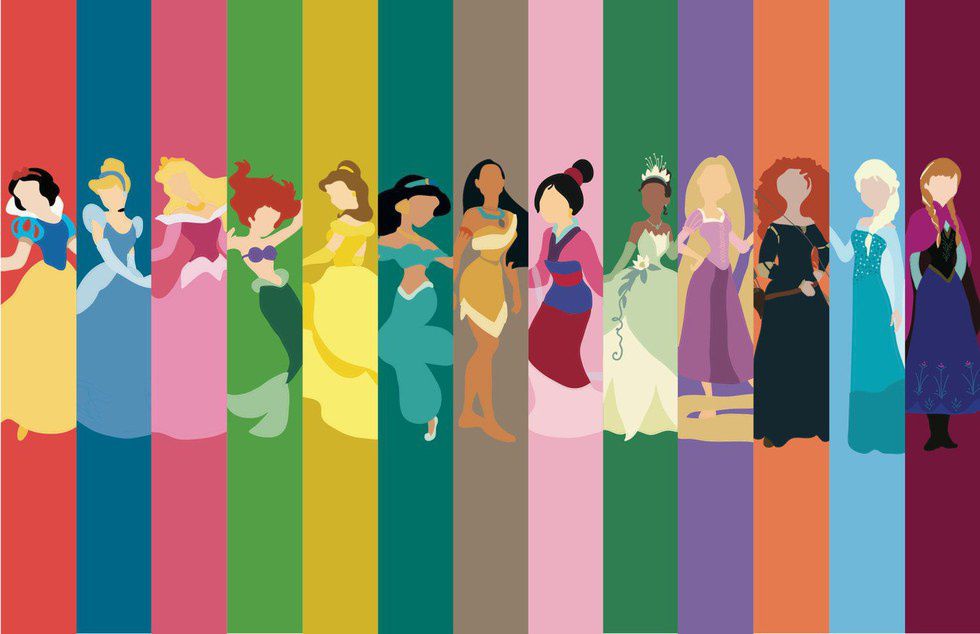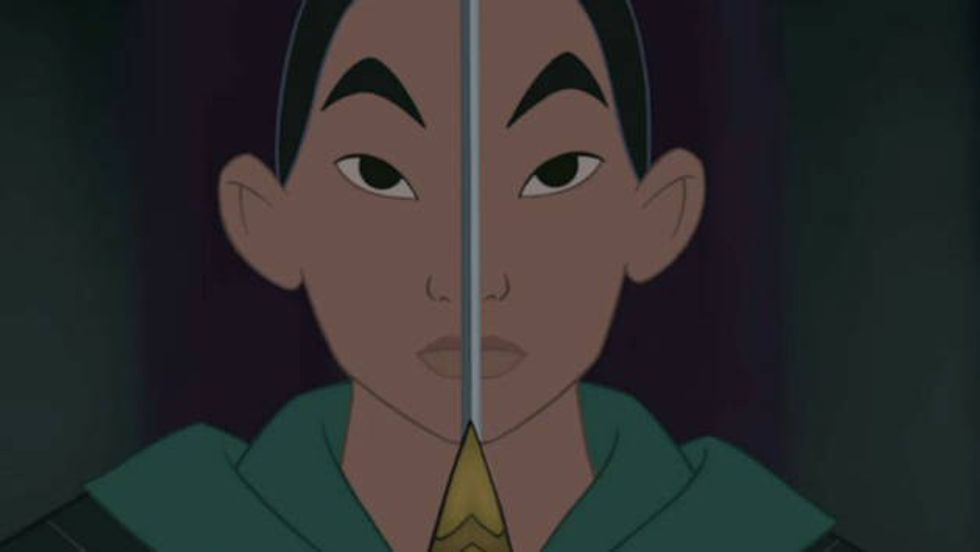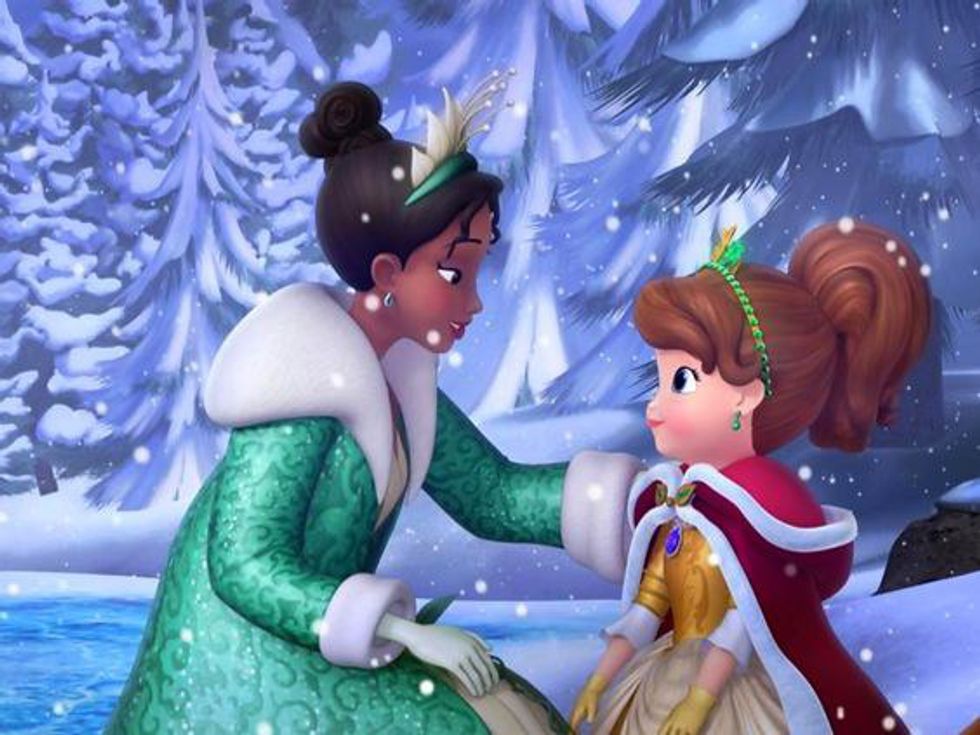Every woman in the United States can tell you who her favorite Disney Princess is. The answer to the question is somewhat embedded in our brains from childhood and follows us into adulthood. Even now, little girls can answer any trivia question you throw at them about their favorite Disney heroine. But can the answer to that question mean more than we think? People relate to who they can see themselves in, and those are the figures they gravitate towards the most. For that reason, I think we all need to pay better attention to the answer people give when we ask them “Who’s your favorite Disney princess?”
When I think about my own answer to this question, I realize that no matter how old I’ve gotten, my answer to the question has not changed at all throughout the years. No matter what phase I was going through, how old I was, or what crazy trend I was following, my favorite princess was always (and is still) Mulan. The brave and independent young woman always spoke to me on so many levels because I always felt like we had so much in common. No, I am not a Chinese warrior who joined the army to save China from the Mongolian empire, but certain parts of our lives always lined up. Like the hero, I never felt like I fit the traditional princess mold and in a time without Tiana’s and Merida’s, Mulan was that model for the girls who felt like they were the ‘anti-princess.’ She was also a female child in a family with no male figures, and was expected to uphold the ‘family honor’ in the absence of a son. These things always connected me to the princess and she has remained a symbol of things I feel represent who I am for many years.
I see this connection not only in my go-to princess, but the choices of others around me. Women who gravitate towards books, privacy, and adventure always favor Belle, while the girls who crave to be seen as adults that can make their own decisions lean towards Jasmine. And even though people tend to feel like race and socials status play a large roll in who girls chose to identify with, I think on another level it goes deeper than that. Women are conscious of race and economic status at a very young age, and that may play a factor in who they gravitate towards, but their choices can also give us a reflection on who they will be in their professional and personal lives. Girls who gravitate towards some of the meeker princesses could show a lack of independence and may look to men throughout their lives to ‘rescue them. Young girls in blended families may gravitate towards Sofia. Little girls who love Elsa and Anna will understand that selflessness and love can be found in sisterhood and family too. The ones that love Tiana may be able to understand the significance of hard work from an early age and want to open a business one day.
Disney has such an impact on the lives of American children, especially little girls. I can’t even deny how quickly I run to the TV when Mulan is on. As an adult I can still recite every song, joke, and speech in the film. It’s one of the few things that can instantly connect the kid I was to the grown-up I am now. So the next time you get the chance to ask someone who they’re favorite princess is, pay closer attention. You may learn more than you expected to.






















